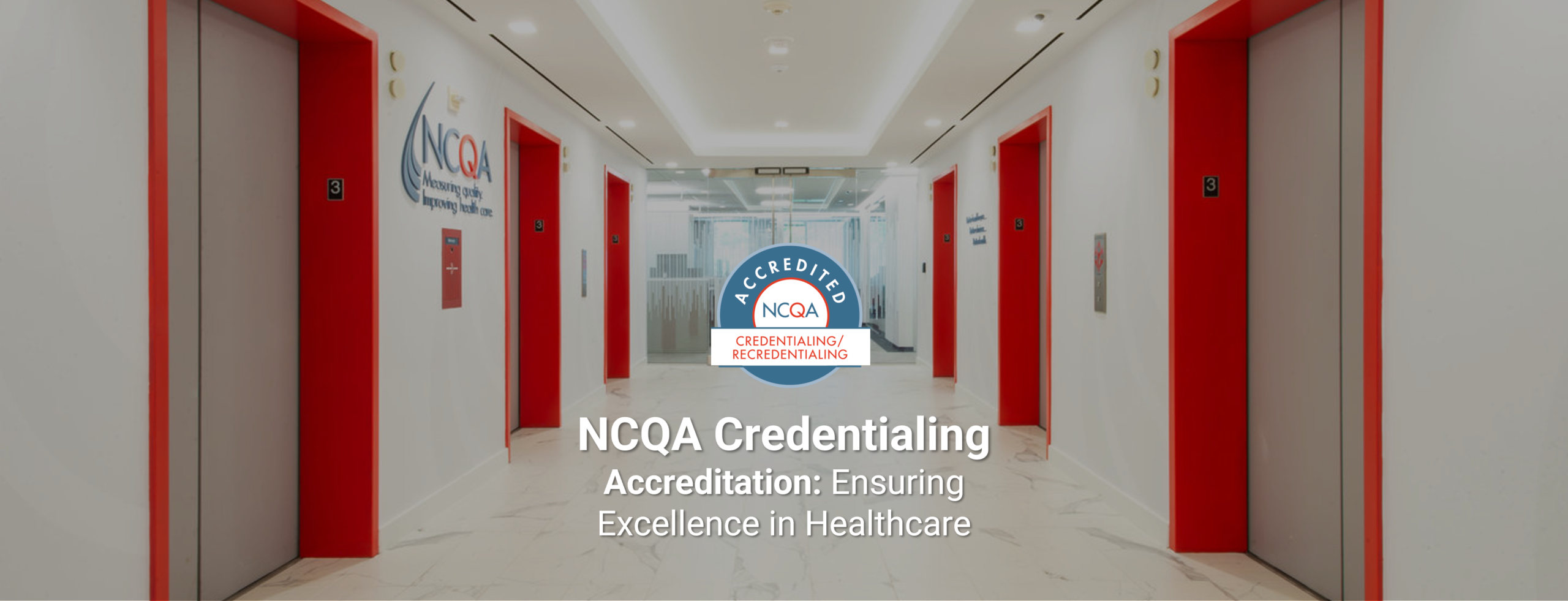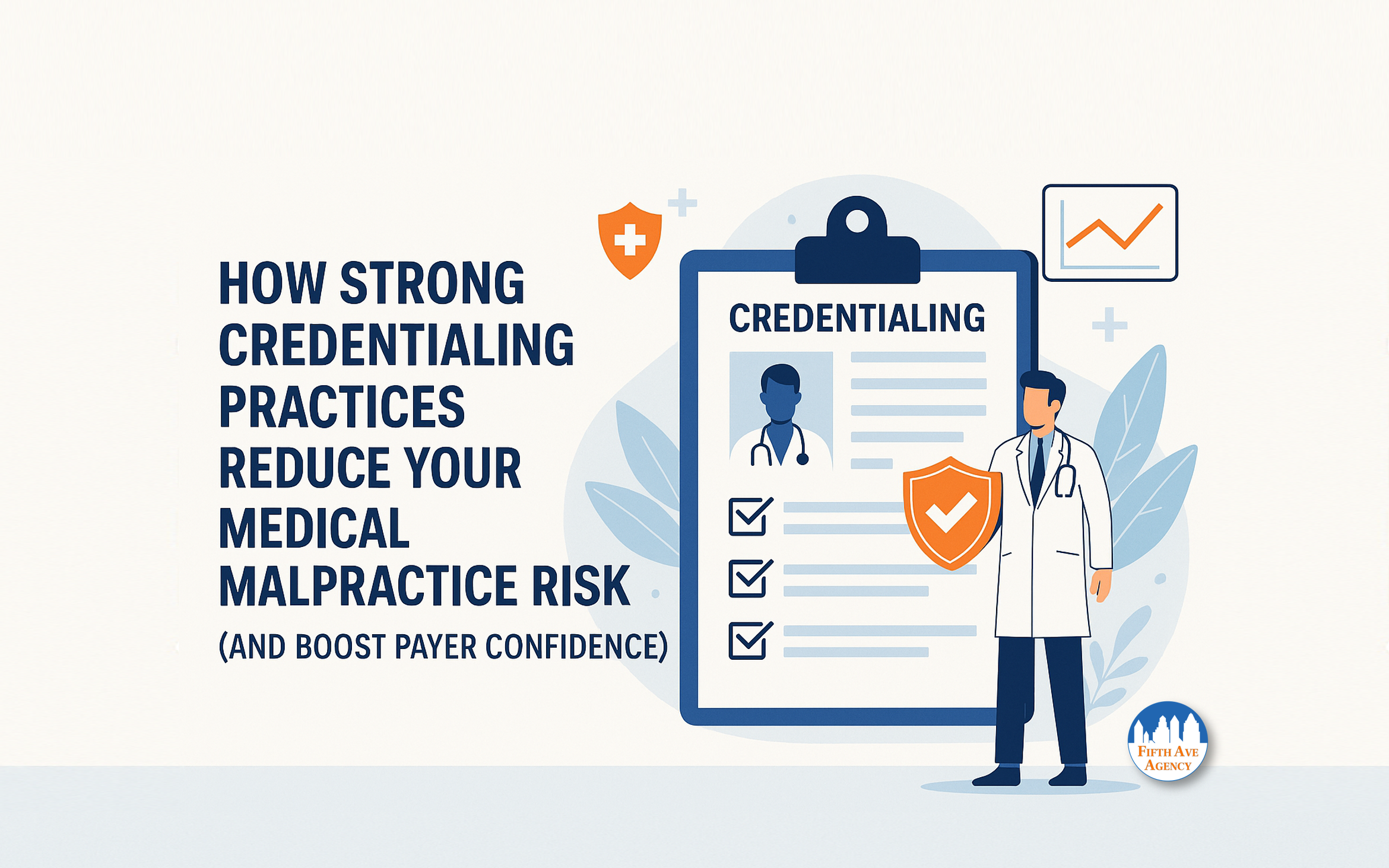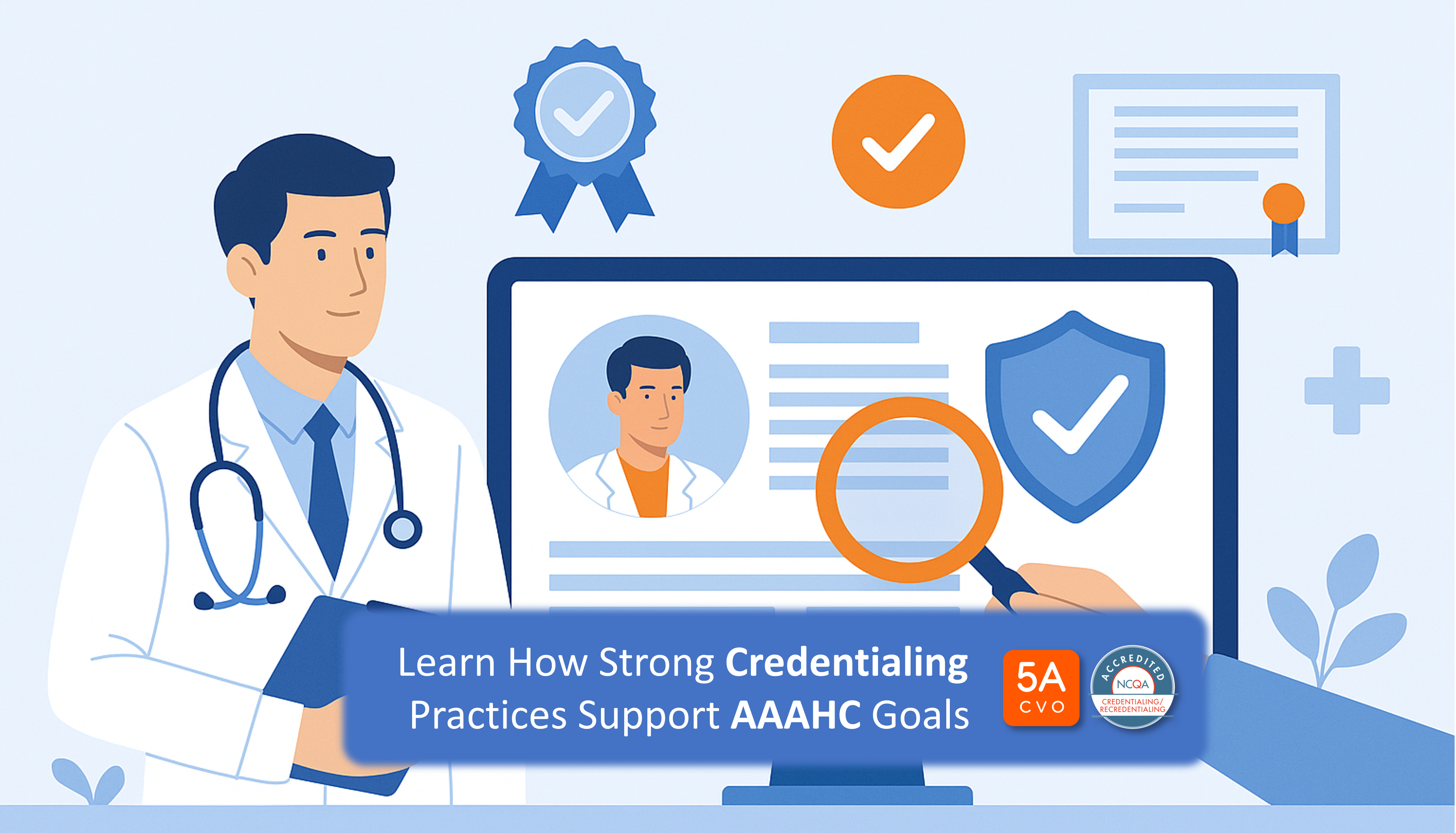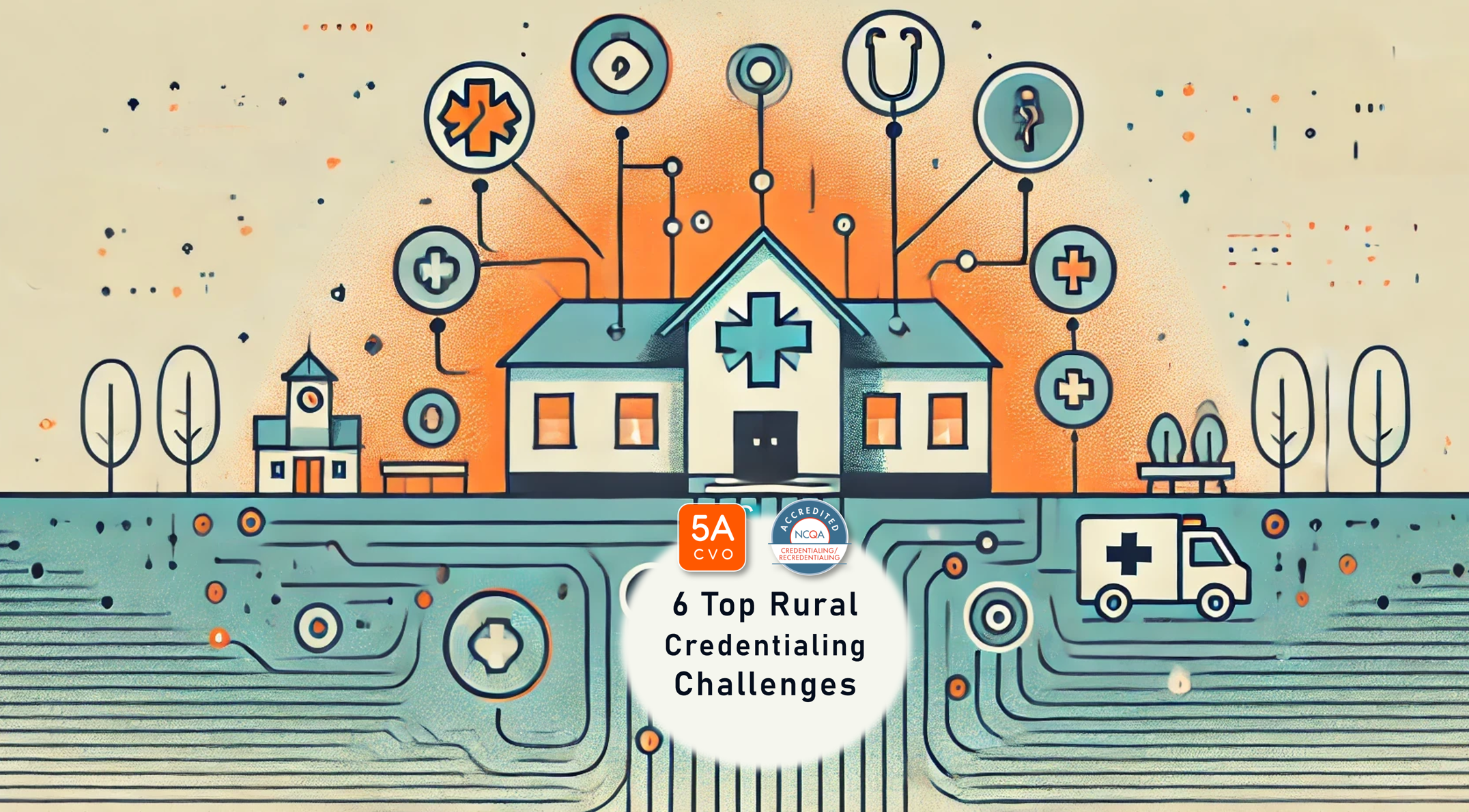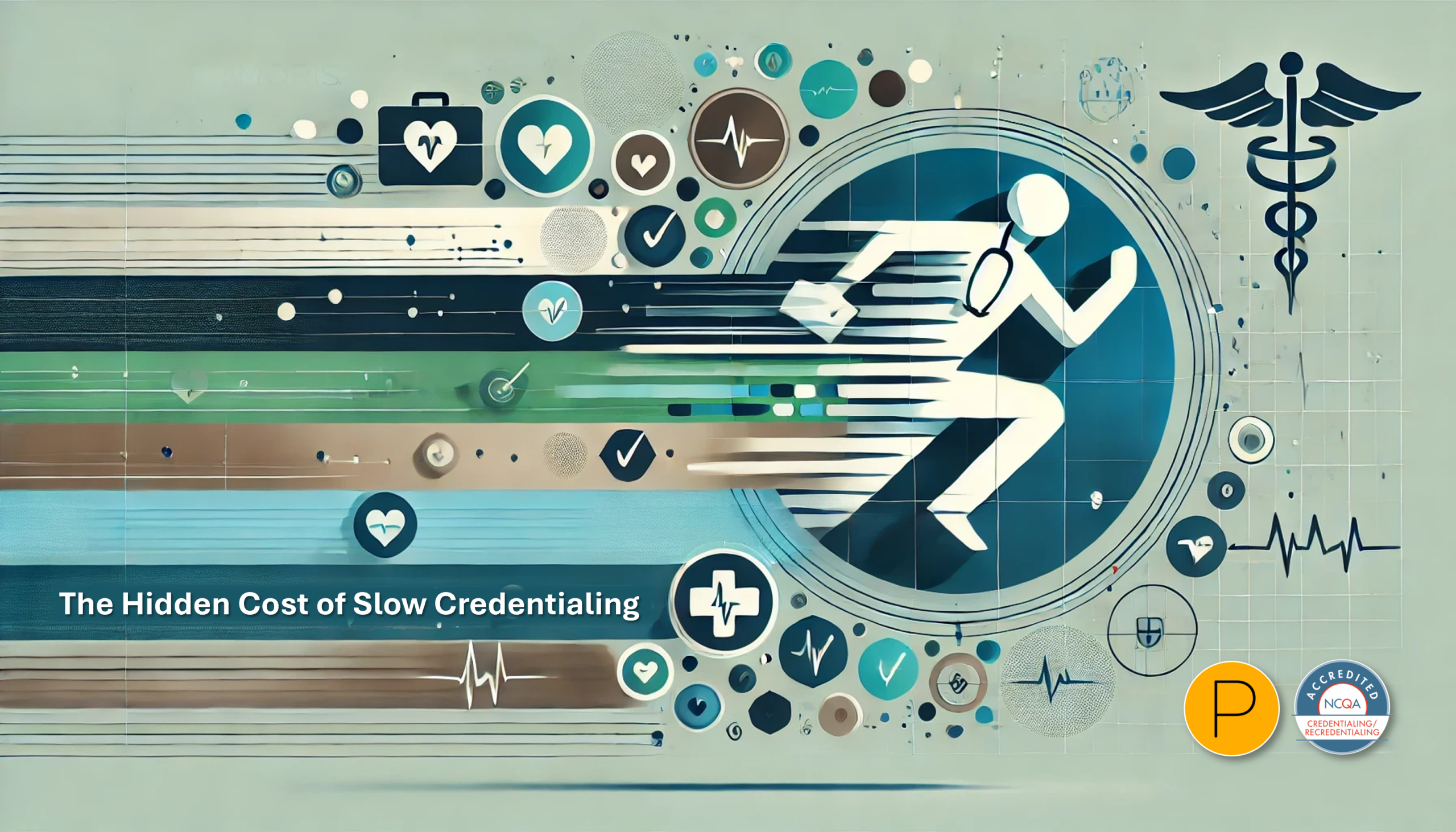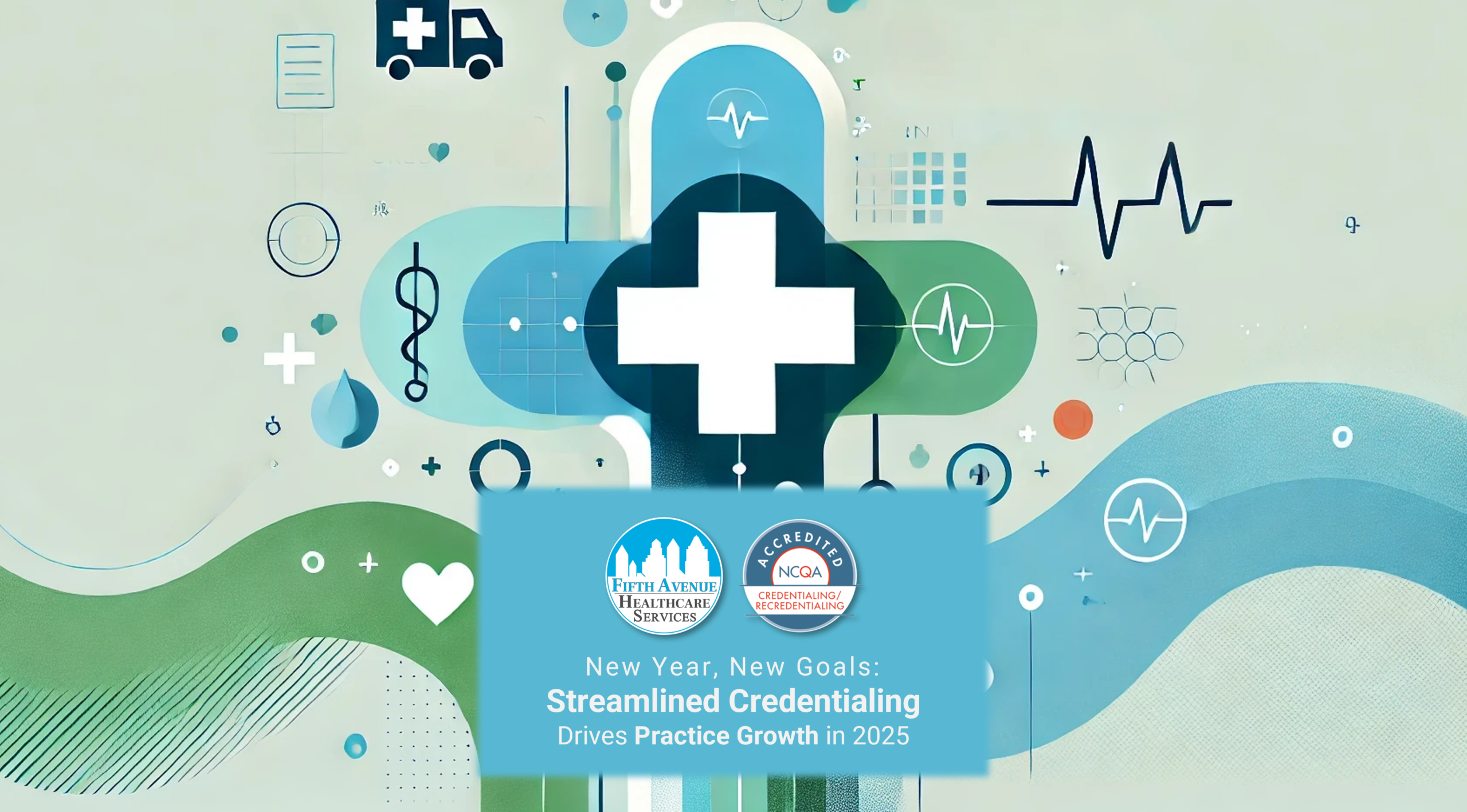In the complex world of healthcare, ensuring quality and accountability is paramount. That is where HEDIS® (Healthcare Effectiveness Data and Information Set) comes into play. Developed and maintained by the National Committee for Quality Assurance (NCQA), a non-profit organization dedicated to improving healthcare quality, HEDIS is a tool more than 90% of America’s health plans use to measure performance on important dimensions of care and service.
Understanding HEDIS, why it is crucial, and what its reporting entails is essential and empowering for healthcare organizations, policymakers, and patients alike.
What is HEDIS?
HEDIS is a set of standardized performance measures designed to enable consumers to compare healthcare providers objectively and consistently.
These measures cover various health issues, such as diabetes management, cancer screenings, and mental health treatment, from preventive care and health promotion to managing chronic illnesses and mental health conditions.
Healthcare organizations collect data on their performance each year and report it through a rigorous, standardized process.
Why is HEDIS Important?
1. Quality Improvement
HEDIS provides critical insights that help healthcare organizations monitor and assess the quality of care they deliver. By identifying areas of excellence, such as high rates of preventive screenings, and areas needing improvement, such as low rates of medication adherence, organizations can implement targeted interventions to improve outcomes.
This continuous loop of measurement and improvement helps elevate the standard of care across the entire healthcare spectrum.
2. Accountability and Transparency
Through public reporting of HEDIS results, health plans and providers are not only held accountable but also foster trust and transparency in the healthcare system. This transparency builds trust and empowers consumers to make informed decisions based on quality of care.
3. Enhanced Decision-Making
For policymakers and healthcare leaders, HEDIS data is a reliable foundation for making informed healthcare policy and practice decisions. These decisions can lead to more efficient use of resources and better health outcomes at a community and national level.
4. Market Dynamics
Insurers often use HEDIS data to structure provider networks and design benefit plans that reward high-quality care. Additionally, providers can leverage their HEDIS scores to attract new patients and negotiate better contracts with insurers.
5. Regulatory Compliance
Many healthcare organizations must report HEDIS data to meet state or federal regulatory requirements. This compliance ensures that standards for quality and care are uniformly met, promoting a baseline of healthcare quality that benefits all patients.
What Does HEDIS Reporting Look Like?
1. Data Collection
The first step in the HEDIS reporting process is data collection. Healthcare organizations gather information from various sources, including medical records, claims data, and patient surveys. This data must be comprehensive and accurately reflect the care and services provided.
2. Data Validation
The data collected undergoes rigorous validation to ensure the reliability of HEDIS measures. This includes internal checks by the organizations and external audits by third-party auditors.
Validation ensures that the data meets all NCQA standards for accuracy, timeliness, and completeness.
3. Data Submission
Once validated, data is submitted through the Interactive Data Submission System (IDSS), a secure online platform designed explicitly for HEDIS data submission. This platform allows organizations to efficiently submit their HEDIS data to NCQA, which processes the information for analysis.
4. Quality Assurance and Reporting
After submission, NCQA performs additional quality checks and eventually publishes the results. These results are crucial for organizations to understand their performance compared to national benchmarks and other providers.
5. Performance Improvement
With their HEDIS results, healthcare providers can pinpoint specific areas to improve. This might involve adopting new health technologies, changing patient management strategies, or enhancing patient engagement practices.
6. External Use
Finally, HEDIS results are not just used, but they have the potential to inspire and guide various external stakeholders. Insurance companies might adjust provider networks based on HEDIS scores, while patients may choose providers with high-performance scores. Policymakers also use these data to guide and drive healthcare reforms and improvements.
Understanding HEDIS: A Comprehensive Guide to Healthcare Quality Measurement Conclusion
HEDIS is more than just a set of measures; it is a comprehensive tool that includes data collection, validation, submission, quality assurance, and reporting. This tool drives the American healthcare system towards greater effectiveness, efficiency, and equity.
Understanding and utilizing HEDIS effectively is crucial for healthcare providers to meet regulatory requirements and improve care quality and patient outcomes.
As healthcare continues to evolve, the role of HEDIS in shaping the future of care remains fundamentally important.
More information about Fifth Avenue Healthcare Services
Fifth Avenue Healthcare Services is an NCQA Credentialing Accredited family of healthcare companies. Sister companies include 5ACVO (credentialing and primary source verification specialists), Fifth Avenue Agency (MPLI and medical malpractice insurance specialists), and Primoris Credentialing Network (credentialing and provider enrollment specialists with 54+ health plan and network provider enrollment options).
Fifth Avenue Healthcare Services originally published this article here. For information on Fifth Avenue Healthcare Services, please visit FifthAvenueHealthcareService.com or Contact Us.
HEDIS reporting is a key component of NCQA’s accreditation process, as it allows for a standardized evaluation of health plans and healthcare providers. This reporting is crucial for maintaining your accreditation status and helps you benchmark your services against national standards, improve care quality, and enhance patient outcomes.
If you have specific questions about your HEDIS reporting requirements or if your situation has any unique aspects, it would be best to consult directly with NCQA or review the specific guidelines and standards that apply to your accreditation level.





